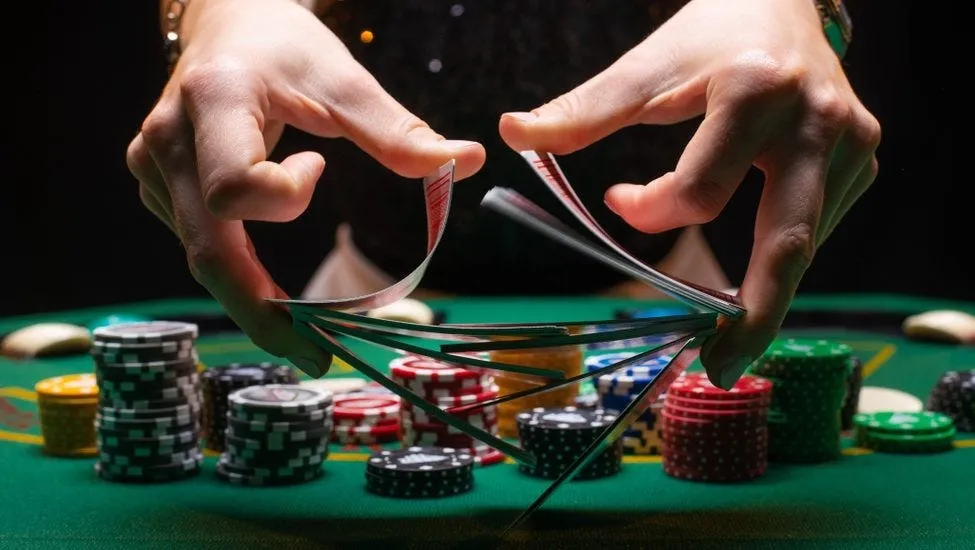Introduction
The term “jackpot” evokes a sense of excitement and allure, often associated with the thrill of striking it rich. Whether it’s in the realm of lotteries, slot machines, or casino games, the jackpot represents a substantial prize that captures the sabung ayam online of millions. This article delves into the concept of the jackpot, its various forms, and the psychology behind why it captivates so many people.
What is a Jackpot?
At its core, a jackpot is a large prize awarded in gambling or lottery games. It is typically a sum of money or a valuable item that accumulates until it is won. The allure of the jackpot lies in its potential to provide life-changing wealth with a single stroke of luck.
Types of Jackpots
- Lottery Jackpots
- National Lotteries: These are government-regulated lotteries where the jackpot can grow to staggering amounts due to ticket sales from across the nation. Examples include the Powerball and Mega Millions in the United States.
- Instant Win Lotteries: Also known as scratch-offs or scratch cards, these offer immediate prizes, including jackpots, which can be won by revealing certain combinations.
- Slot Machine Jackpots
- Fixed Jackpots: In these slot machines, the jackpot amount is predetermined and does not change regardless of how many players participate.
- Progressive Jackpots: These jackpots increase incrementally as more players make bets. The jackpot continues to grow until a player hits the winning combination. Progressive jackpots can be linked across multiple machines or even multiple casinos, leading to enormous prize pools.
- Casino Game Jackpots
- Video Poker: Certain versions of video poker offer progressive jackpots for achieving rare hands, such as a royal flush.
- Table Games: Games like roulette and blackjack sometimes feature jackpot side bets, where players can win large sums based on specific outcomes or combinations.
How Jackpots Work
Jackpots are typically funded through a portion of the bets placed by players. In lotteries, ticket sales contribute to the jackpot pool. For slot machines and casino games, a percentage of each bet is allocated to the jackpot fund. In progressive systems, the jackpot continues to grow until a player triggers the winning condition, at which point the jackpot resets and begins to accumulate again.
The Psychology of the Jackpot
- Hope and Optimism: The idea of winning a jackpot taps into human hope and optimism. The chance of winning a life-changing sum with a relatively small investment is highly appealing and fuels continued participation.
- Risk and Reward: The thrill of potentially winning a large jackpot often outweighs the risk of losing the bet. This risk-reward dynamic is a fundamental aspect of gambling psychology, encouraging people to take chances in pursuit of the jackpot.
- Social Influence: Seeing others win large jackpots can create a perception of increased likelihood or inevitability of winning. This social influence can drive people to participate more frequently, hoping to experience the same fortune.
Conclusion
The jackpot represents the pinnacle of excitement and the ultimate reward in gambling and lottery games. Its various forms, from lotteries and slot machines to casino games, offer different pathways to potentially life-changing prizes. The allure of the jackpot lies in its combination of hope, risk, and the possibility of extraordinary rewards. Understanding the mechanics and psychology behind jackpots can enhance one’s appreciation for these thrilling opportunities and the role they play in the broader landscape of gaming and gambling.

More Stories
Understanding Slot Games: How They Work and Why They Remain Popular
The Fascinating World of Slot Machines: A Deep Dive into the Game of Luck and Strategy
Understanding Slot Machines: A Unique Exploration